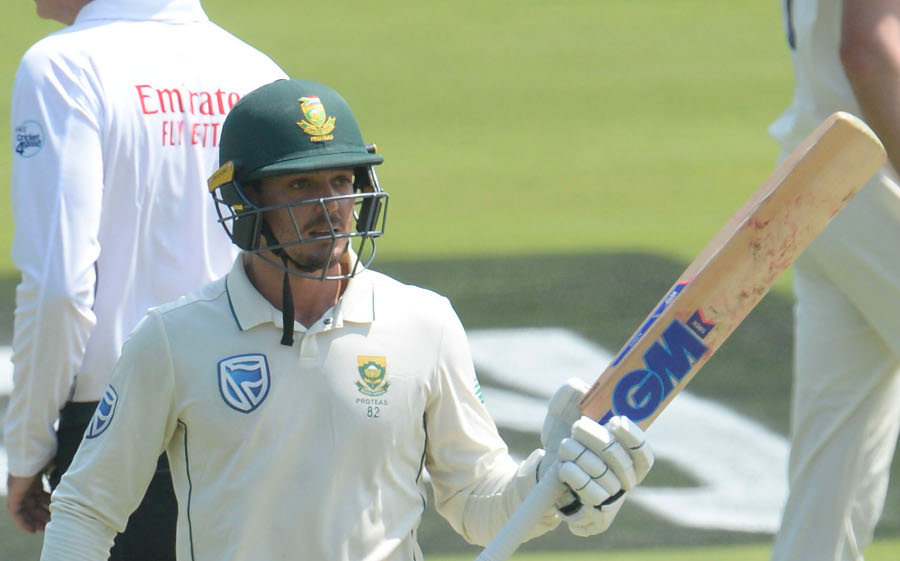Quinton de Kock was unsurprisingly named SA Men’s Cricketer of the Year at Saturday’s CSA Awards evening. ANDRE HUISAMEN analyses the wicketkeeper-batsman’s statistics from the past season.
It’s fair to say there was going to be only one winner in the main category when CSA honoured the country’s best cricketers on Saturday. With all due respect to guys such as Lungi Ngidi and Anrich Nortje, who were both valid candidates for the top prize, De Kock was a lone ranger in a wounded Proteas pack for the past 12 months.
It was also no surprise when he was handed the captain’s armband in white-ball cricket when Faf du Plessis stepped down at the beginning of the year.
READ: De Kock named SA Cricketer of the Year
The 27-year-old De Kock has been pulling his weight consistently for some time now, while all the other batsmen around him failed most of the time.
That feat was most evident in the two Test series the Proteas played this past season. The trip to India in September last year felt like a suicide mission for the Proteas and given the circumstances they departed in, most teams would have been thrashed as a result.
Yet, De Kock, alongside Dean Elgar, proved to be the only batsman showing some resilience across the three Tests. Elgar finished as South Africa’s highest run-scorer in the series with De Kock coming in second. The latter, though, only accumulated 156 runs in total from the six innings, which included a century in the first Test.
De Kock was, however, the highest run-scorer of both teams in the series against England with 380 runs in eight innings across the four test matches – Rassie van der Dussen the only other worthy candidate but more than 100 runs behind De Kock.
The wicketkeeper notched up four half-centuries in the four encounters and fell five runs short of an impressive ton in the first Test in Centurion.
He also scored the most runs in the three-match ODI series against Eoin Morgan’s men with 187, which included a spectacular century in Cape Town, while he finished runner-up to Morgan for the most runs in the T20I series – notching up scores of 31, 65 and 35.
ALSO READ: CSA Awards: All the winners
It was only in the most recent series against Australia that De Kock looked unsettled with willow in hand. Mitchell Starc, in particular, proved to have his number with a few brilliant seeds that the left-hander failed to pick up.
Of course, Starc is one of the best seam bowlers in the world and has an excellent record against left-handed batsmen.
In the three T20Is De Kock managed scores of 2, 70 and 5, while in the same number of ODIs against Aaron Finch’s men he got 15, 0 and 26.
Fortunately, in the ODI series, while De Kock wasn’t at his best, the Proteas saw the coming of age of a number of young talents, combined with the return to form by some of the more experienced players in the squad.
Guys like Janneman Malan and Kyle Verreynne really put their hands up in that series, while Heinrich Klaasen and JJ Smuts came good at a critical time in their careers. Klaasen, in particular, was very impressive with the bat and walked away with the Man of the Series award.
All of these contributions eased the pressure on De Kock and finally we saw a Proteas team in dominant form.
Since last year’s World Cup in England, De Kock featured in every single game in every single format of the past season, accumulating a total of 1,103 runs.
This statistic might not prove much as certain batsmen only feature in certain formats, while a number of players were also rested following the Test series against England.
But, a Proteas team without Quinton de Kock will definitely seem strange and somewhat worrying at the moment.
De Kock’s workload will always be the key area of concern. While CSA has already indicated that he won’t be taking the reins of the Test team, having backups such as Klaasen and Verryenne as glovemen will bode well for the future.







